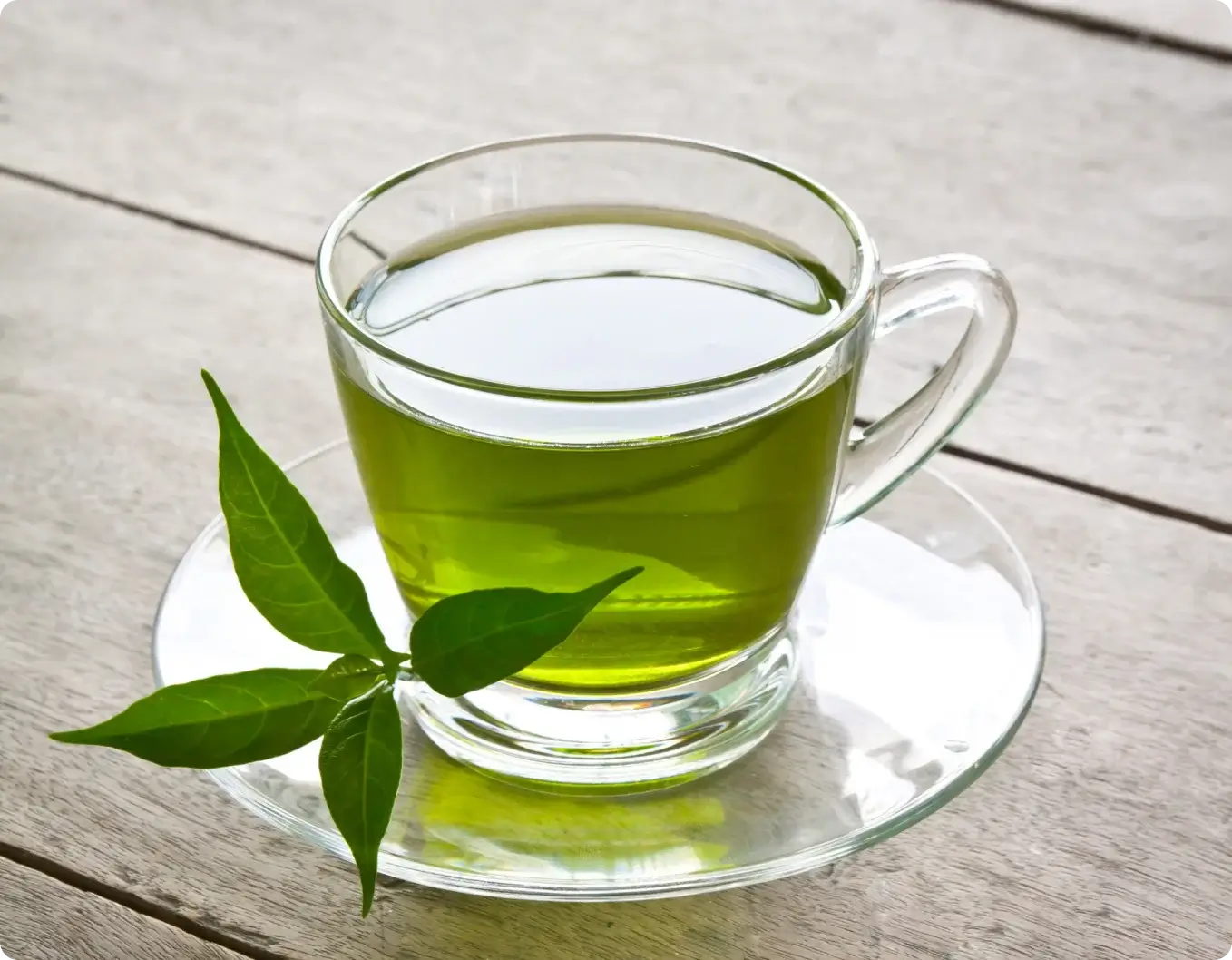A person with a slow metabolism will burn fewer calories at rest and during exercise, necessitating a caloric reduction. People with fast metabolisms appear to be able to eat whatever they want and not gain weight, whereas people with slow metabolisms must exert more effort to lose or maintain their weight. Despite diet and exercise, they may be unable to lose weight.
What are the signs of a slow metabolism?
Your metabolism regulates processes such as body temperature, energy level, and weight gain or loss rate. These processes have a significant impact on your overall sense of well-being. It is a common fact that our metabolism tends to slow as we age, but some lifestyle choices and underlying medical disorders can also cause a slow metabolism.
Some common symptoms of slow metabolism include:
- Difficulty in weight loss.
- Abnormal weight gain.
- Excessive tiredness.
- Lethargy and Chronic Fatigue
- Dry Skin.
- Thinning hair.
- Disorientation.
- Mood Swings.
- Persistent feeling of cold.
- Sugar cravings.

<span data-metadata=""><span data-buffer="">Does a medical reason cause a slow metabolism?
Sometimes, yes, for reasons such as :
- High insulin amounts in the body.
- Unbalanced thyroid.
- High cortisol level.
- Low testosterone.
- Oestrogen deficiency.
- Anti-inflammatory steroids and antidepressant drugs.
Prednisone and other anti-inflammatory steroids should not be used for an extended period of time because they may increase appetite and cause excessive calorie intake. Antidepressants can cause weight gain because they slow down the body’s basal metabolic rate and make people hungrier.
How do we cause slow metabolism?
– Skipping breakfast
Our metabolism decreases while we sleep. If we begin the day without eating, our metabolism continues at a lower rate. To compensate for this, plan a nutritious and healthy breakfast for the day and balanced meals and snacks for the rest of the day.


– Low water intake
Our metabolism will increase if we stay hydrated and consume adequate water. Our body temperature decreases as a result of dehydration, and in order to compensate for this reduction, our body stores fat. Consequently, the metabolic rate will decrease.
– Drinking sugary beverages
Consumption of sugary beverages may slow metabolism and increase fat storage in our liver and abdomen.
– Sedentary lifestyle
Inactivity reduces our daily calorie consumption. So, we should cut down on our idle time and increase our overall physical activity to avoid this.
– A lack of strength training
As we age and lose weight, strength training keeps our metabolic rate steady and helps us build more muscle.
– Not getting enough high-quality sleep
Our metabolism rate is preserved when we get enough quality sleep at night.

How do we cause slow metabolism?
Some specific foods and substances may help you boost your metabolism:

– Protein- and mineral-rich foods:
Foods rich in proteins and minerals, such as meat, fish, eggs, dairy, legumes, nuts, and seeds, may temporarily speed up your metabolism. Additionally, protein could help you feel full for longer, which may help you avoid overeating, and selenium and iron-rich foods help your thyroid function to the best of its ability.
– Green tea:
Providing your body with epigallocatechin gallate (EGCG) is an effective way to speed up metabolism. This substance is abundantly found in green tea
– Ginger
Ginger is advantageous for increasing our slow metabolism. For instance, according to a study, drinking a cup of hot water with 2 grammes of ginger powder dissolved in it along with a meal can help you burn up to 43 more calories than simply drinking hot water. This may reduce hunger and increase feelings of fullness.
– Legumes and beans
Compared to other plant foods, lentils, peas, chickpeas, black beans, and peanuts are particularly high in protein. Their high protein content makes your body burn more calories while digesting them.
Also, legumes have both soluble and resistant starches, which your body may use as a prebiotic to feed the useful bacteria in your large intestine


– Vitamin D
Vitamin D is essential for preserving metabolism and revving muscle tissue.
Tuna, low-fat milk with vitamin D added, and eggs are all good ways to get vitamin D for your metabolism.
Keep in mind that you should always consult with your doctor before starting any diet or workout program. They can give you the best advice based on accurate analysis obtained with different devices, such as 3D body scanners.








